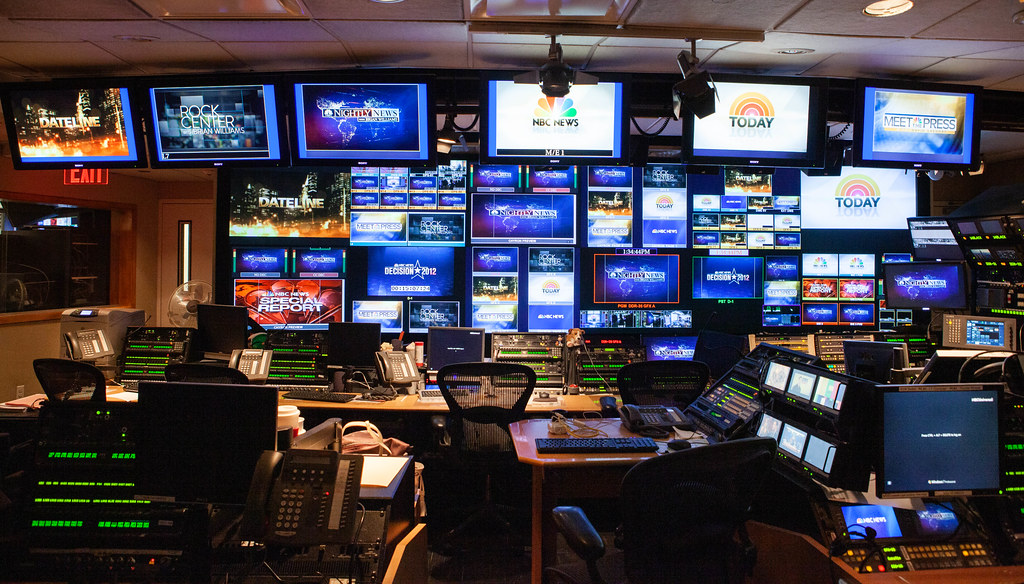Key takeaways
• Veteran MSNBC host Lawrence O’Donnell accused CNN’s Scott Jennings of lying on air
• Scott Jennings fired back, calling Lawrence O’Donnell “irrelevant” and a “lunatic”
• Lawrence O’Donnell’s show draws twice the viewers of Jennings’s CNN program
• The clash highlights deep tensions among cable news commentators
Lawrence O’Donnell vs. Scott Jennings TV Showdown
A fierce feud erupted when Lawrence O’Donnell called Scott Jennings a paid liar during primetime cable TV. On his MSNBC program, Lawrence O’Donnell claimed CNN routinely paid Trump supporters to spread falsehoods about the president. Scott Jennings, a CNN commentator and former McConnell aide, hit back hard on his radio show. He dismissed Lawrence O’Donnell as irrelevant and a lunatic. This on-air fight shows how heated cable news debates can become.
Why Lawrence O’Donnell Called Jennings a Paid Liar
Lawrence O’Donnell argued that CNN once paid Trump allies to lie about their own candidate. He said the network paid for “propaganda” from pro-Trump voices. Then he named Scott Jennings, saying he shifted from a moderate GOP aide to a “paid liar” on CNN. Moreover, Lawrence O’Donnell accused Jennings of abandoning thoughtful critique. He called Jennings “the JD Vance of CNN,” suggesting he now pushes extreme views without question. Immediately, viewers noticed the bold claim live on air.
Scott Jennings’ Furious Radio Response
In turn, Scott Jennings slammed Lawrence O’Donnell on his own radio show. He started by calling O’Donnell a “lunatic” who had long lost relevance. He said, “I had forgotten he was still on TV, but he came after me.” Then Jennings mocked Lawrence O’Donnell’s network, calling MSNBC a “propaganda outfit.” He asked listeners: “Who lies more—the network or me?” Jennings also claimed his CNN show beats O’Donnell’s ratings by 30 points. However, as Jennings boasted, the actual data told a different tale.
The Viewership Numbers That Tell a Different Story
Despite Jennings’ claims, Lawrence O’Donnell’s program draws twice as many viewers as NewsNight on CNN. His show ranks as the second most-watched program on MSNBC. It also sits at 84th overall in cable and network ratings. Meanwhile, Jennings’s show ranks fifth on CNN and 157th overall. This gap in audience size adds fuel to the feud. It suggests that, whatever Jennings says, more people tune in to see Lawrence O’Donnell’s take. Moreover, the higher viewership gives O’Donnell more on-air influence.
What Ignited the Feud
The clash stems from deeper tensions over cable news roles and loyalties. Scott Jennings served as an aide to Senator Mitch McConnell, once gaining respect for moderate views. He then joined CNN as a conservative voice. Over time, Jennings moved to staunchly defend President Trump, drawing criticism from liberal hosts. Lawrence O’Donnell, a veteran commentator on MSNBC, often clashes with pro-Trump panelists. At the core lies a fight over truth, bias, and network agendas. As cable news competition grows, such on-air meltdowns become more common.
How Each Side Defends Its Stance
Lawrence O’Donnell stands by his remarks, arguing networks pay commentators to sway opinion. He believes viewers deserve facts, not scripted talking points. In contrast, Scott Jennings insists he offers honest analysis. He calls O’Donnell’s smear “outrageous.” Jennings claims he earned his spot at CNN by speaking truth to power. As a result, he sees O’Donnell’s attack as a threat to free commentary. Both sides frame themselves as defenders of honest debate.
The Impact of the On-Air Fight
This televised meltdown has several effects. First, it grabs headlines and boosts ratings on both networks. Viewers tune in to see who will strike back next. Second, it blurs the line between news and entertainment. When hosts hurl insults, serious issues get overshadowed. Finally, it deepens the divide among viewers who choose channels based on political leanings. In the end, such feuds keep cable news in the spotlight, for better or worse.
A Glimpse into the Future of Cable News
As cable channels race for viewers, expect more fiery exchanges. Networks will seek bold personalities who can spark controversy. However, constant shouting matches may erode public trust in journalism. Meanwhile, commentators like Lawrence O’Donnell and Scott Jennings will play starring roles in this drama. Their feud might fade, but the pattern will repeat. In the age of 24/7 news, cable hosts need to stand out. Often, they do so by clashing with rivals on live TV.
Conclusion
The face-off between Lawrence O’Donnell and Scott Jennings underscores the high stakes in cable news. O’Donnell accused Jennings of being a paid liar. Jennings fired back, calling O’Donnell irrelevant. Yet, the ratings show Lawrence O’Donnell still commands a larger audience. This feud reflects deep political divides and the battle for viewer attention. As networks push for higher ratings, expect more dramatic on-air conflicts in the future.
Frequently Asked Questions
What triggered Lawrence O’Donnell’s “paid liar” comment?
Lawrence O’Donnell made the remark after accusing CNN of paying Trump supporters to lie about the president. He specifically named Scott Jennings as an example.
How did Scott Jennings respond to Lawrence O’Donnell’s accusation?
Jennings slammed Lawrence O’Donnell on his radio show. He called him a lunatic and said O’Donnell’s show was irrelevant.
Do viewership numbers back Jennings’s ratings claims?
No. Data shows Lawrence O’Donnell’s show has twice the audience of Jennings’s CNN program. O’Donnell’s ratings rank higher both on MSNBC and overall.
What does this feud say about cable news today?
The feud highlights how networks compete for viewers using bold personalities. It also shows the blurred lines between news reporting and entertainment.
